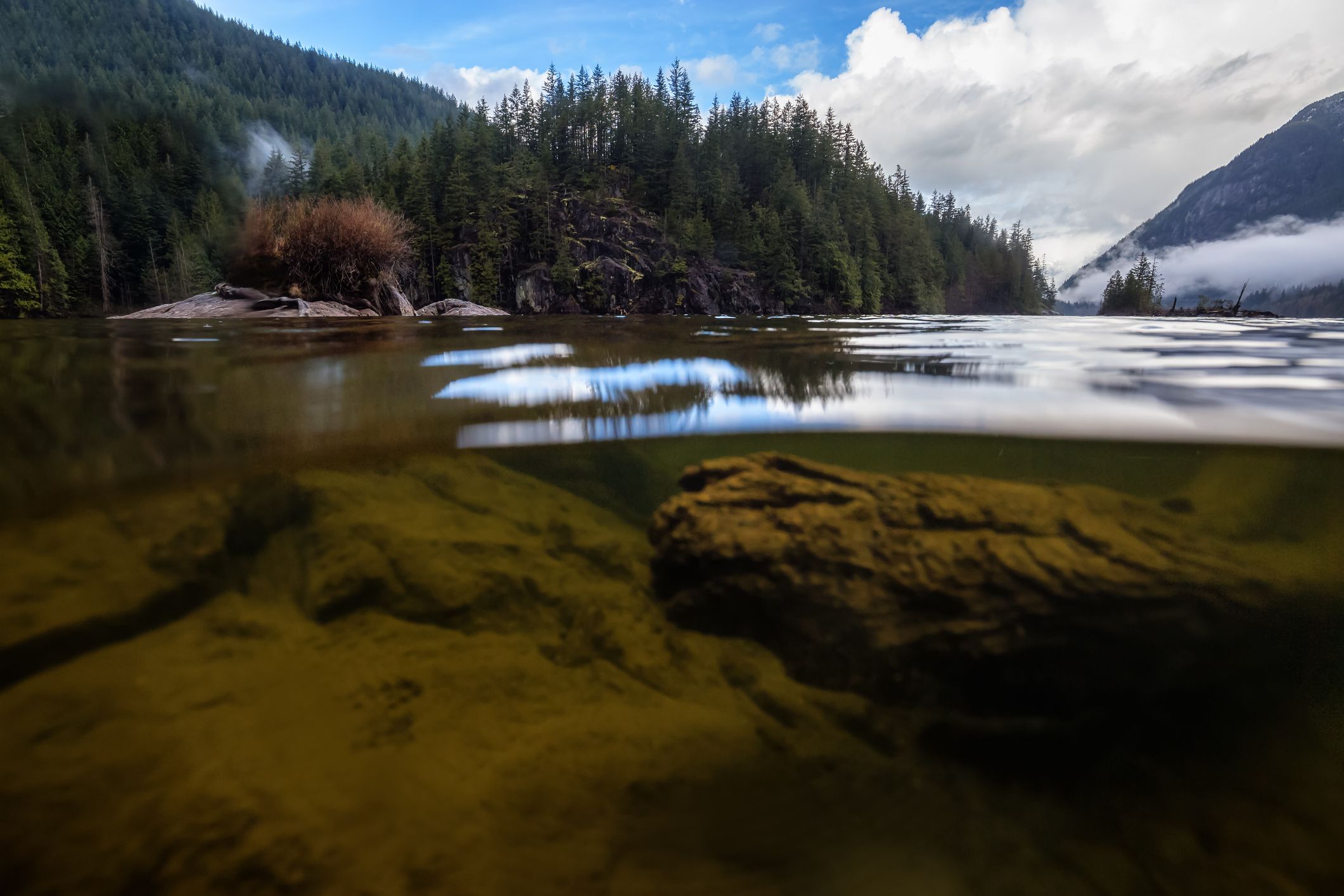Yesterday, Canada announced measures for the protection of aquatic habitat for species at risk from degradation caused by human activities.
The Minister of Fisheries, Oceans and the Canadian Coast Guard, Dominic LeBlanc signed eight Critical Habitat Orders under the Species at Risk Act. The approved orders will allow for further protection of eight at-risk species, this includes two whales – the North Atlantic Right Whale and Beluga Whale of the St. Lawrence Estuary, as well as, three fish species – Spotted Gar, Eastern Sand Darter (Ontario populations); Rocky Mountain Sculpin (Eastslope populations) – and one mollusc species, Northern Abalone. Minister LeBlanc has also approved the Proposed Critical Habitat Orders of the Northern Bottlenose Whale, Scotian Shelf population, and the Lake Chubsucker, a fish species.
“The protection of aquatic species is a priority for our government and we are taking action to make sure that the habitats they need to thrive and survive are available and remain healthy,” said LeBlanc.
The protective measures are based on the latest scientific findings on habitat sensitivity. In its regulatory impact analysis statement for the Rocky Mountain Sculpin, published in the Canada Gazette, the Government of Canada noted that “water removal, diversions, and reservoirs associated with irrigation, in combination with frequent droughts, likely pose the greatest threat to the Rocky Mountain Sculpin in southern Alberta.” Other issues of concern include impoundment, bank stability, channeling, flow conditions, and pollution.


A Critical Habitat Order focuses on protecting specific geographic locations and conditions essential for the survival and recovery of the species, such as where they give birth, hatch, feed, or raise their young. Proposed activities in areas of designated as critical habitat must be assessed on a case-by-case basis and may require a permit before proceeding to ensure that the proposed activity will not jeopardize the species. A Critical Habitat Order prohibits human activities that may destroy the defined critical habitat of an at-risk species.
“By working together with Canadians, we can decrease the number of species at risk in our country while maintaining our rich and diverse marine environment,” Leblanc said.
Fisheries and Oceans Canada is especially concerned about the plight of the North Atlantic Right Whale following multiple mortalities in the Gulf of St. Lawrence during the summer of 2017. The Critical Habitat Order approved today for the North Atlantic Right Whale will provide protection for the whale’s critical habitat in the Grand Manan Basin (Bay of Fundy) and the Roseway Basin (off Southwestern Nova Scotia).









